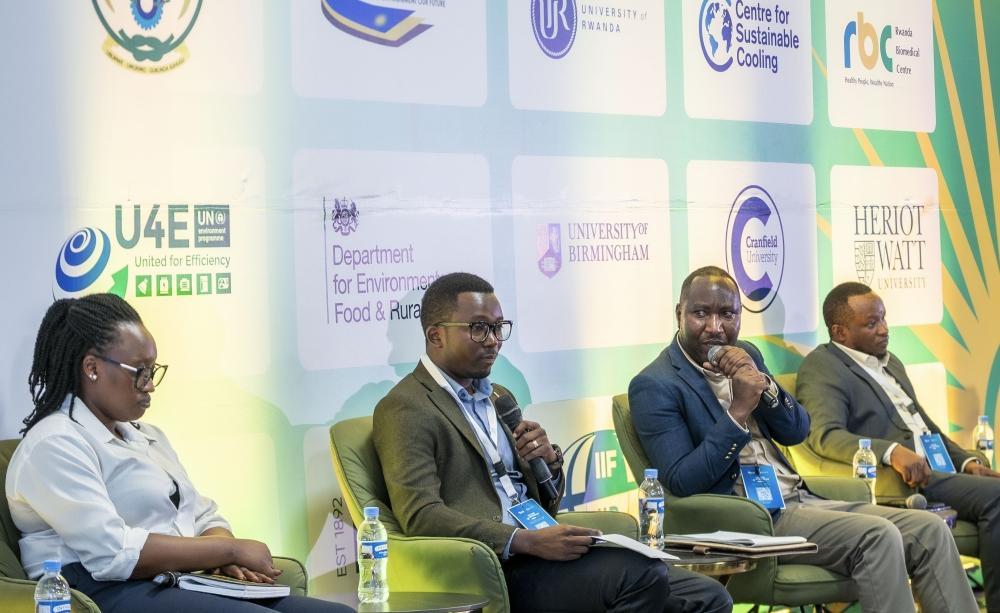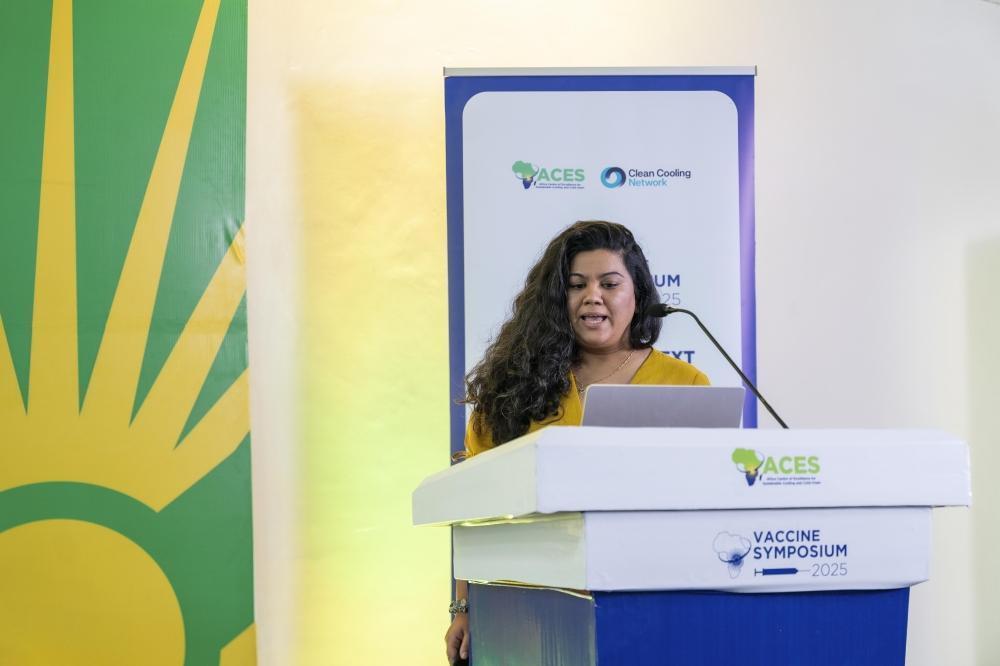Africa-Press – Rwanda. The government has begun introducing vaccination services at health posts as the country expands and upgrades its cold-chain infrastructure, the Rwanda Biomedical Centre (RBC) has announced.
Health posts are small clinics that largely serve rural communities but —previously offered only limited services, with vaccinations provided only at health centre level.
Health posts make up 57.5% of Rwanda’s health facilities, with 1,280 currently operating, including 102 second-generation health posts. Located at cell level, they provide outpatient services, child immunisation, growth monitoring, antenatal care, family planning counselling, health education and basic laboratory tests.
Demand for their services has surged from 71,212 visits in 2016–2017 to 3.96 million in 2023–2024, according to the Ministry of Health. Officials say expanding vaccination to these facilities will reduce travel time for families while maintaining service quality.
Hassan Sibomana, Director of the Vaccine Programme Unit at RBC, said more than 100 health posts are already offering vaccination, with plans to scale up significantly.
“Vaccination services are available in all hospitals and health centres. We are now adding vaccination services to health posts. Our target is to introduce vaccination in at least 600 health posts by 2026, and more than 100 are already vaccinating,” he said during the Vaccine Symposium held from 17 to 19 November.
Strengthening the cold chain
Sibomana said all hospitals and health centres are connected to the national power grid and the country now operates more than 1,700 cold-chain equipment units.
However, equipment remains costly, with some refrigerators priced above Rwf7 million.
To manage costs and ensure reliability, most health posts now use solar direct-drive refrigerators.
The vaccine supply chain operates at three levels—central, district and facility. At the central level, Rwanda stores vaccines for over a year in 13 cold rooms, each with a 40m3 capacity. Refrigerated trucks now deliver vaccines directly from the central store to hospitals, which then supply health centres.
Specialised vaccine-grade refrigerators and cold boxes ensure safe transport and storage at lower levels. Hospitals also use ultra-low-temperature freezers for vaccines such as Pfizer COVID-19 and Mpox.
Digital monitoring and innovation
Rwanda is expanding remote digital temperature monitoring across health facilities, with Bluetooth-enabled devices to be installed nationwide within two months. The Vaccine Logistics Management Information System (VLMIS) is also being upgraded to include barcode scanning and equipment monitoring.
Digital vaccination cards have replaced paper versions, saving more than Rwf300 million previously spent on printing.
The country recently scored 87% in its Effective Vaccine Management (EVM) assessment, one of the highest ratings in the region.
Drone delivery to cut stockpiles
Rwanda is also piloting drone-based vaccine delivery to reduce reliance on static refrigeration. A study in Eastern Province, conducted with the University of Birmingham, found that on-demand drone delivery reduced vaccine stockpiles at health centres by 95% and minimised spoilage.
During a six-month trial from November 2024 to May 2025, drones delivered 44,791 doses to nine health centres, arriving on average within 39 minutes.
Researchers said most health centres were “extremely satisfied,” noting fewer concerns about power outages and freezer overloads.
The work feeds into broader efforts to design next-generation cold-chain systems for resource-limited settings.
Nicaise Ndembi, Deputy Director General and Regional Director of the International Vaccine Institute (IVI) Africa Office, said Africa aims to produce 60% of its vaccines locally by 2040, up from the current 1%.
“Locally produced vaccines and sustainable cold-chain systems are essential,” he said.
For More News And Analysis About Rwanda Follow Africa-Press









